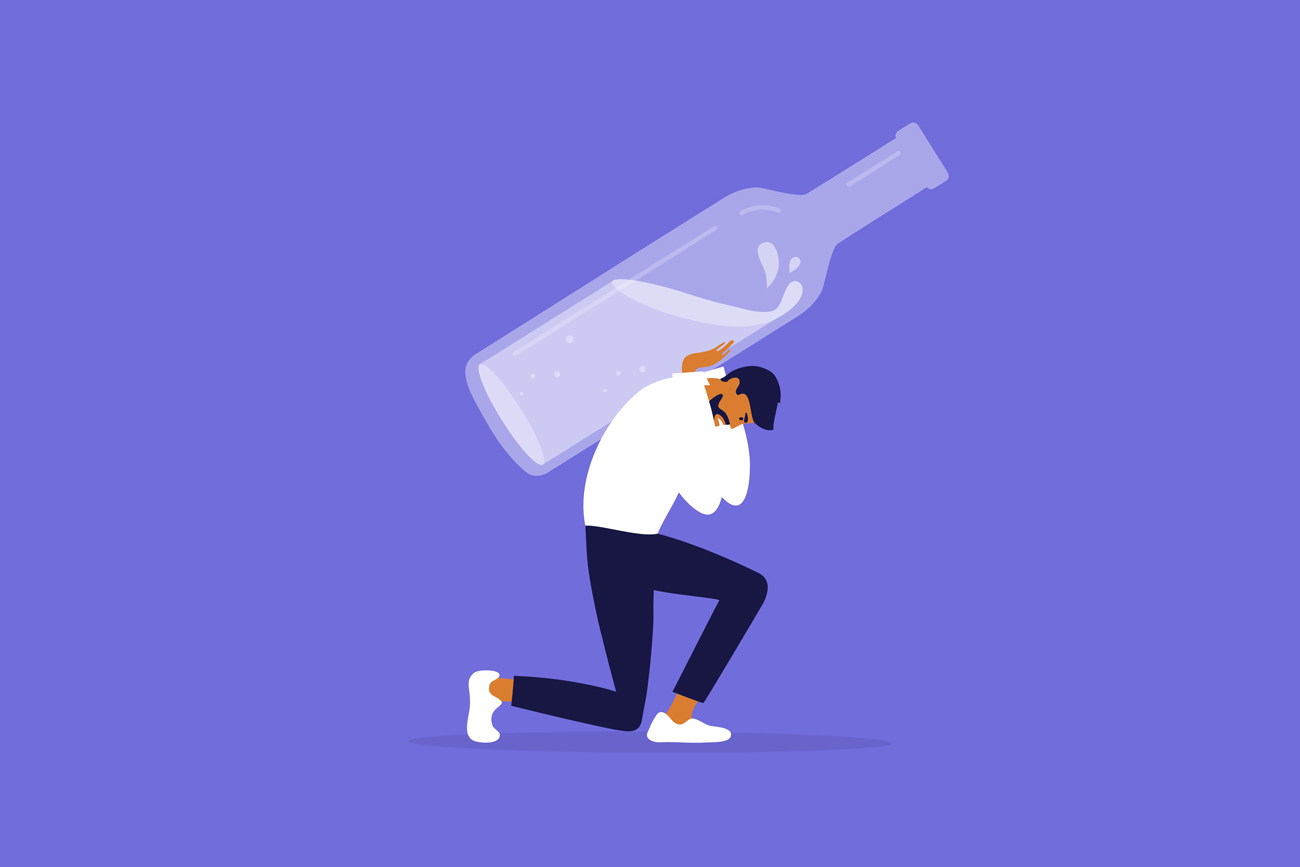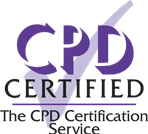
5 Long And Short Term Benefits Of Giving Up Alcohol
If you are a regular drinker and you are looking to reduce your consumption of alcohol or stop drinking altogether, you may be wondering about the benefits of giving up alcohol, or reducing intake.
Like other drugs, alcohol can be difficult, but definitely not impossible, to give up. If you are not dependent, taking alcohol out of your diet completely may require support from friends or a support group and making positive lifestyle changes to supplement a life without alcohol. If you are dependent you may also need help from a specialist for safe reduction and or discontinuation of drinking. However, once you have reduced your intake or given up alcohol completely, you will have already begun to experience the positive effects of this change, and will continue to see them as you progress on your journey.
Remember, there is always a risk for lapsing or even relapsing to previous levels of drinking. This is far more relevant when it comes to alcohol dependence. Therefore, it is likely that you will always be working on your progress. However, the journey gets easier, and with the right support you can live a full, healthy and a very rewarding life without alcohol.
What counts as an alcohol dependence?
Alcohol dependence (also known as alcohol addiction and alcoholism, which is now a redundant term) is defined as a physical and psychological dependence on alcohol. It is the severe end of a spectrum of conditions described by the term Alcohol Use Disorders. It does not look the same for everyone, and symptoms can vary in severity. However, common symptoms include heavy and daily consumption of alcohol; drinking during inappropriate times, such as during work or first thing in the morning to prevent or alleviate withdrawal symptoms; escalation of amount required to achieve required effect (called tolerance); neglect of other activities or responsibilities; other symptoms such as fatigue, anxiety and depression.
There is no single factor that predisposes someone to an alcohol addiction. Causes include genetic, psychological, social and behavioural factors.
Take our quiz to find out if you are drinking more than is recommended.
What is the recommended limit of alcohol to drink per week?
One in four people in the UK drink more than they should. This means that they drink more than the recommended amount, which is 14 units a week for both women and men. The NHS advises spreading out your intake over three or more days if you regularly drink to the recommended limit. This is to avoid binge drinking, which can have a more acute impact on your health.
The Benefits Of Giving Up Alcohol
Dr Christos Kouimtsidis, Consultant Psychiatrist and specialist in addiction explains, “There are long and short term benefits to giving up alcohol. Those who are heavy drinkers may experience symptoms of alcohol withdrawal at first. These often include tremors, an increased heart rate, anxiety, sweating, nausea and insomnia. More severe symptoms include epileptic seizures. Withdrawal symptoms from alcohol could be life threatening, therefore abrupt discontinuation should be avoided. Hence structured preparation with the support of the family is crucial. This should include stabilisation of the amount and pattern of drinking, initiation of lifestyle activities that could support a new way of living, and careful planning of the stopping. This could include potential use of medication as well as strategies for relapse prevention for the first few weeks of abstinence. However, it is important to remember that quitting is the most difficult part of the journey, and once you have overcome this initial hurdle, it gets easier from there.”
The benefits of giving up alcohol include:
1. Improved Mental Health
Alcohol use disorder and mood disorders, most commonly depression, anxiety, and mood swings are strongly linked.
Alcohol itself is a depressant (although it may feel stimulating at first). Drinking regularly in large amounts may cause you to feel low and can trigger suicidal thoughts for some people.
Conversely, those who are already depressed may turn to substances such as alcohol as a way to ‘numb’ their feelings. For example, it has been found that military veterans are more likely to have depression and post-traumatic stress disorder (PTSD) combined with alcohol use.
The upside is that both alcohol use disorder and mood disorders are treatable, and treating one condition often improves the other. Even those who do not necessarily use alcohol in a dependent way, but are cutting down their consumption, may find that they are more present, mindful, and less likely to feel anxious, irritable or low when they stop drinking.
2. No Hangovers
Hangovers are never pleasant, and they often become more symptomatic as we get older. As well as physical symptoms such as nausea and headaches are mental symptoms associated with hangovers, too. For example, binge drinking can result in anxiety the next day as a result of short-term withdrawal. This may happen as the body detoxes alcohol from the system and can lead to cravings.
3. Better Relationships
Many people find that they are more confident in social situations when they have had an alcoholic drink. However, as alcohol dulls our inhibitions, we are also more likely to act inappropriately when we are drunk. For some people, this may result in more aggressive behaviour, such as starting arguments or fights. This behaviour is unacceptable, and the outcome could be the loss of friends, reputation, and other social or even legal repercussions.
Instead of using alcohol as a confidence booster, you could try working on your self-assurance and social skills by going to events where there is likely to be no alcohol, such as a sports activity or a skill development class. This is an easy way to meet people with the same interests as you, resulting in better relationships and emotional health.
4. More Energy For Self Development
As mentioned, alcohol is a depressant, and can inhibit your capacity to engage in self development activities. How? Drinking can sap your energy, impact your ability to focus and affect your memory. Not only that, but if you are drunk or hungover, you are more likely to want to rest, rather than taking part in something which might require more of your mental capacity. When frequency and amount of drinking is reduced or stopped you have more time to invest on other self-developing or rewarding activities and hobbies.
5. Improved Physical Wellbeing
On top of the mental benefits of quitting alcohol, there are many physical benefits. These include:
- Improved liver and cardiovascular function
- Improved quality of sleep
- Stronger immune system
- Lower risk of cancer
- Improved metabolism resulting in a healthier weight
- Better complexion
As a result, these physical benefits may also result in even better mental health, as you become less anxious about your health and more confident in your appearance.
Giving Up Alcohol: How To Do It Safely
For those who are less dependent on alcohol, it is easier to give up drinking. It is not impossible to give up alcohol when you have an alcohol dependence, though it is important to do so in a safe and sustainable way so as to achieve and maintain a new lifestyle.
The first step on your journey is to recognise that there is a problem. The next step may be to seek support. This might be from an online or in-person support group, a friend or family member. Finally, you might need to seek advice and support from a professional such as an addiction psychiatrist.
Here at The London Psychiatry Centre, we provide help without judgement. A tailor-made community programme to meet your needs and maximise your strengths is used. This might include our eight-week, three-stage system, which has been specially designed and evaluated by addiction experts with many years’ experience in treating alcohol dependence. We use a pre-habilitation paradigm and encourage patients to manage, maintain and maximise: manage risks, maintain structure and maximise the benefits of the new situation.
We will support you in getting back on your feet so that you can live a full, healthy life without alcohol.
Find out more about our approach to treating alcohol dependency. Use the contact details below to get in touch for treatment.


